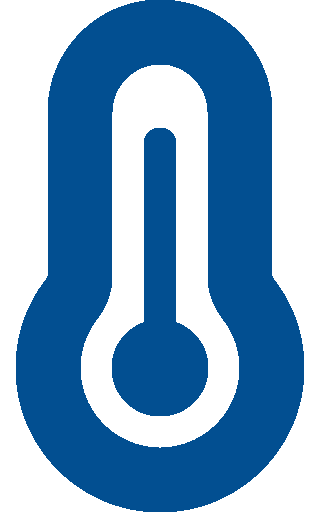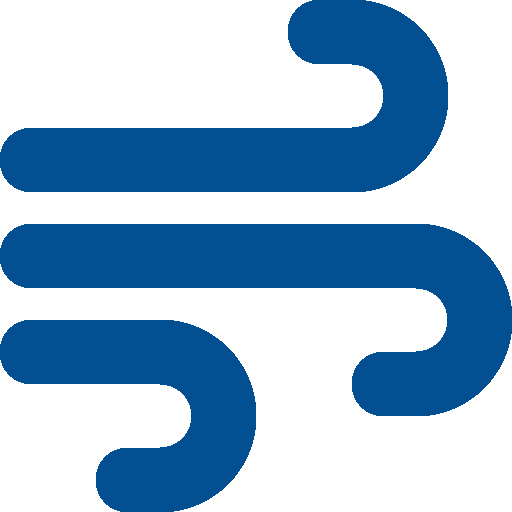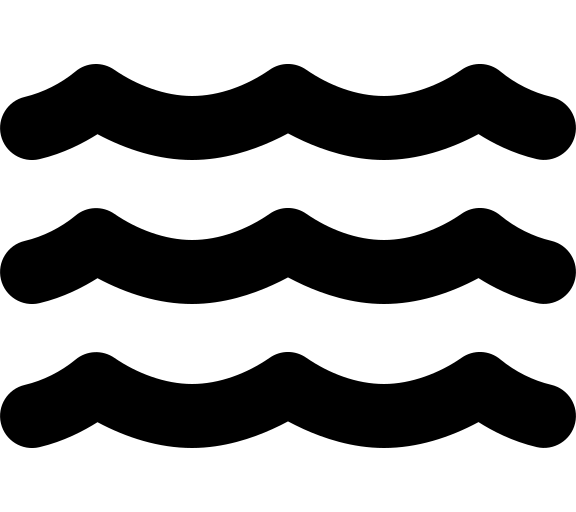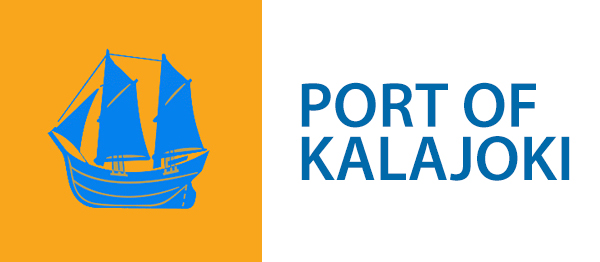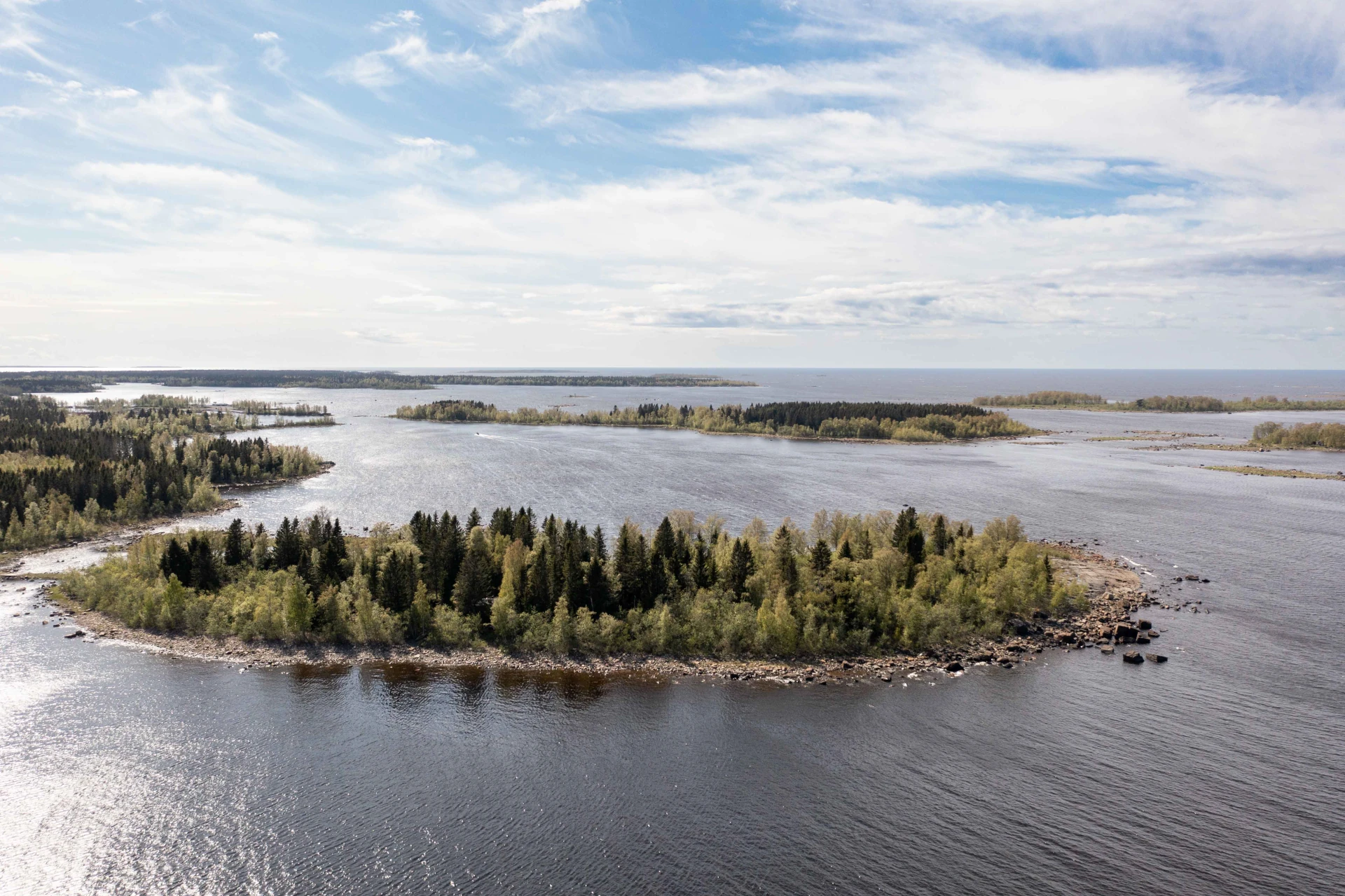Waste management
Submit a notification of ship-generated waste 24 hours before arrival
The Port of Kalajoki follows the NSF (No Special Fee) system, which means that ships can discard their oily liquid waste, toilet waste and solid waste at the port for no extra charge. However, these do not include tank and cargo space cleaning waste, international food waste, exhaust pollution reduction waste and other waste not resulting from the normal operation of the ship. Please note: We only accept oil waste during office hours between 7:00–16:00. At other times, such waste is accepted only by agreement.
By agreement and through the ship’s agent, we can transport the following away by tanker truck:
- dirty ballast water
- tank cleaning waste
- sludge and
- mixtures containing oil.
Submit a notification of ship-generated waste at least 24 hours before the required handling time
Rubbish and other waste must be taken to the sorting points at the waste station located next to the quay ramp (see port area map).
A ship arriving in port must submit a notification of ship-generated waste in the Portnet system at least 24 hours before arriving at the port of entry. If the travel time is less than 24 hours, the notification must be submitted immediately upon departure from the previous port or when the next port of call is known. This advance notification will allow us to organise the necessary waste collection equipment to receive waste from the ship in a timely manner.
See the waste sorting instructions at the port
Kalajoen Satama Oy’s waste station has containers for the following types of waste:
- international food waste (category 1 food waste) – blue skip
- waste containing harmful liquid substances – container for hazardous waste: discarded in their own receptacles that have a label indicating what the receptacle contains, such as chemicals, mercury, varnishes, paints, impregnants, detergents, pesticides, acids
- fibre packaging waste, i.e. cardboard – container at the waste station: paper, cardboard and carton packaging, milk and juice cartons, pizza boxes, flour bags, egg cartons, detergent packaging, pasta packaging, corrugated cardboard, toilet roll and kitchen roll cores
- toilet waste – a vacuum truck will be ordered as necessary
- used batteries – designated receptacle in the container for hazardous waste
- glass packaging waste – container at the waste station: empty glass packaging for food, glass jars and bottles used in cooking, coloured and clear glass bottles and jars
- metal packaging waste and other small scrap – container at the waste station: empty cans, empty foil containers and aluminium foil, metal tubes, metal caps and lids, empty metal vitamin packets and spray bottles, pots, pans, cutlery and broken metal objects such as frying pans
- plastic packaging waste – container at the waste station: wrapping used for packaging, food packaging, tomato boxes, cartons for yoghurt and cold cuts, plastic bags, containers for detergent, shampoo and soap, plastic bottles, cans and pots, packaging containing PVC plastic such as toy, gardening and tool packaging
- exhaust pollution reduction waste – container for hazardous waste
- wood waste – designated cage
- waste electrical and electronic equipment (WEEE) – container for hazardous waste
Please note that the following waste belongs in landfill: window glass, glass dishes, mirrors, fibreglass, shoes, leather clothing and PVC plastic (including plastic mats, drainpipes, tarpaulins)
Waste that cannot be sorted is put into mixed waste. For larger quantities, a separate pick-up must be ordered.
